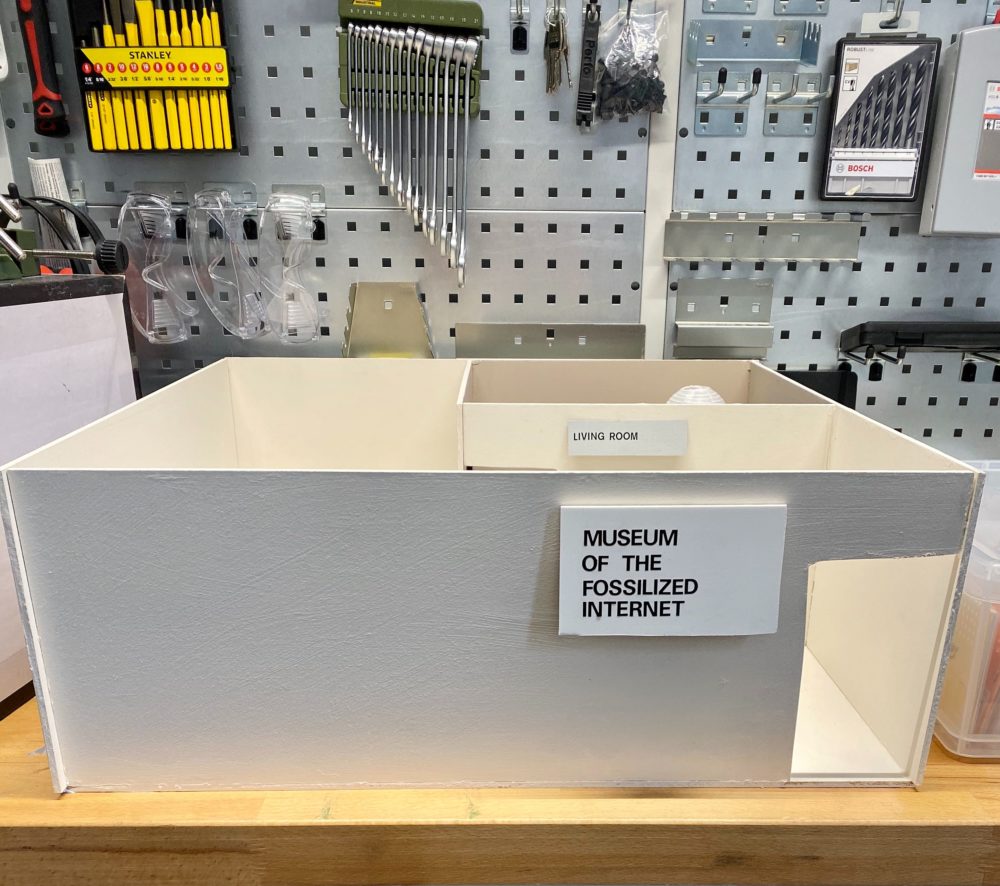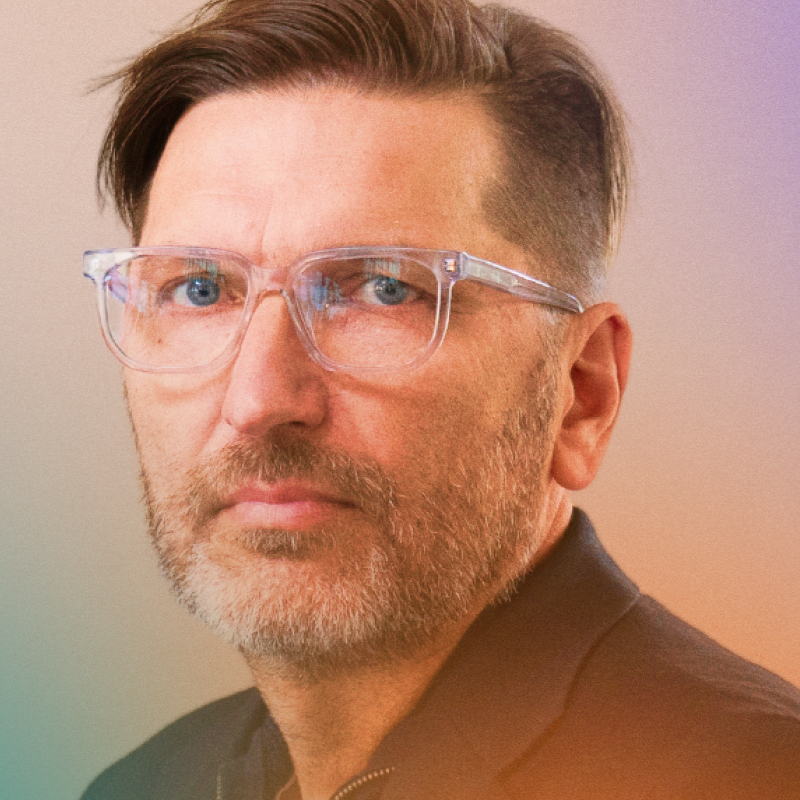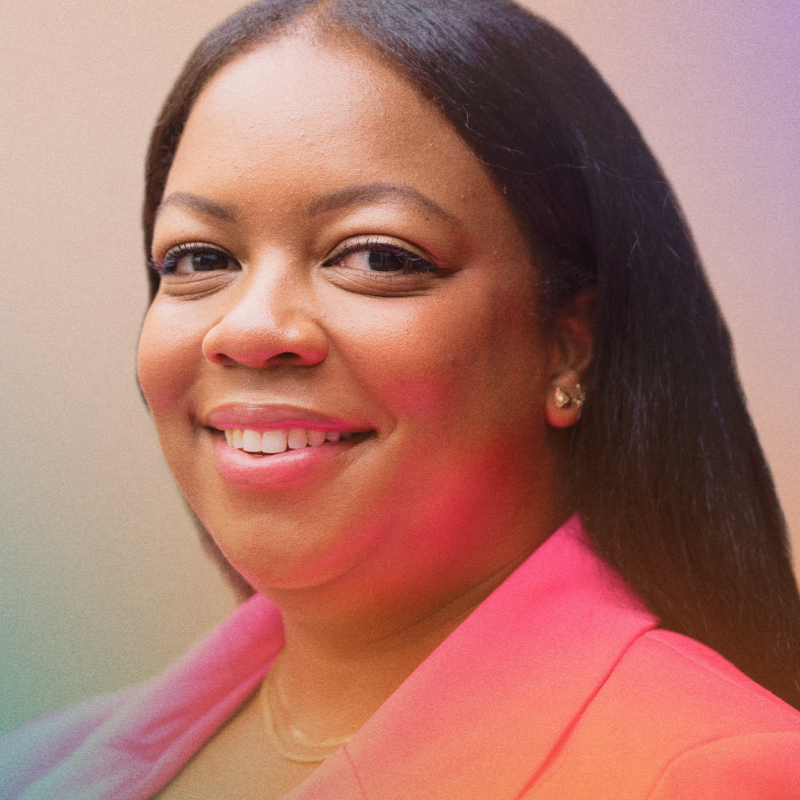Last year, the many concerning headlines about the state of the internet prompted us into action. “It seems like we’re at a crossroads where we should take a step back to critically revisit what we envision for the future of our digital lives — and how we can bring about the change that we want to see in a connected world,” we wrote.
We launched an open consultation process called Reimagine Open to refine our vision for the future of the web and our understanding of openness. Could the internet’s historic open architecture help us address today’s challenges in a constructive manner?
Over 100 people from 25 countries joined in-person focus groups and nearly 20,000 people from more than 160 countries shared their thoughts in a broad-based online survey. The early results gave us a sense of what to explore further:
-
- We need more privacy and security.
- We seek the small human things.
- We need to share responsibility.
- We need to invest in sustainability.
People described to us how important it was to reflect on their online lives and to demand better of the internet. We gathered even more insights with the help of our partners at the Global Innovation Gathering (GIG) network who used the Reimagine Open facilitation guide to host additional focus groups. Since then, the Labmobile has made our facilitation guide part of its toolkit for meeting and engaging with maker and innovation spaces across several countries in Africa.
From these findings, Mozilla’s Executive Chairwoman Mitchell Baker reflected that there was a lot of hope and inspiration for the internet in its early days, but that the internet has since “outpaced our understanding as a society about who we are and accountability and decency.” Nevertheless, the internet today still holds promise for individual empowerment, opportunity, and participation, and she sees Mozilla continuing to be dedicated to this mission. “I continue to believe that the internet is not broken, but it is not healthy”, she posits.
The Reimagine Open project has sparked further conversation and action among Mozilla staff and partners:
- As an organisation, we continue to invest and deliver even more on our commitment to privacy and security online, whether through Firefox Private Network, Lockwise, Monitor, or challenging questionable practices of big players.
- Our Advocacy team launched a series of successful campaigns pushing for radical transparency in the information supply chain by taking on the advertising practices of big platforms, YouTube’s recommendation engine, and more. Brandi Geurkink boils the rationale for this down to: “Openness and radical transparency are important first steps to hold companies to account: because once people understand, they can choose. Once processes are transparent, alternatives become clear and governments can target regulation and oversight.”
- In the realm of public policy, we’ve championed open principles to promote, question, challenge, or propose thoughtful open approaches to digital identity systems and advanced powerful changes in Kenya to name just one example.
- Mozilla fellow, Fieke Jansen, put pen to paper and will publish her take on reimagining — and reclaiming — openness in a forthcoming special edition of First Monday.
- And on the product side, we launched a follow-on initiative called the “State of the Internet” that will allow us to dedicate more time and resources into deeper explorations about future product directions and the technologies needed to keep the internet open, accessible, and healthy.
There is more to come, and some promising further explorations are already in motion.
To name just two: Sustainability and the role of cities in open policy-making (in-depth study to be published in February 2020). We didn’t foresee these two areas at the beginning of this project but have spun out explorations realising their importance and significant potential to play a beneficial role in the future of the web.
Thank you to everyone who contributed and we look forward to continuing this journey throughout 2020.



